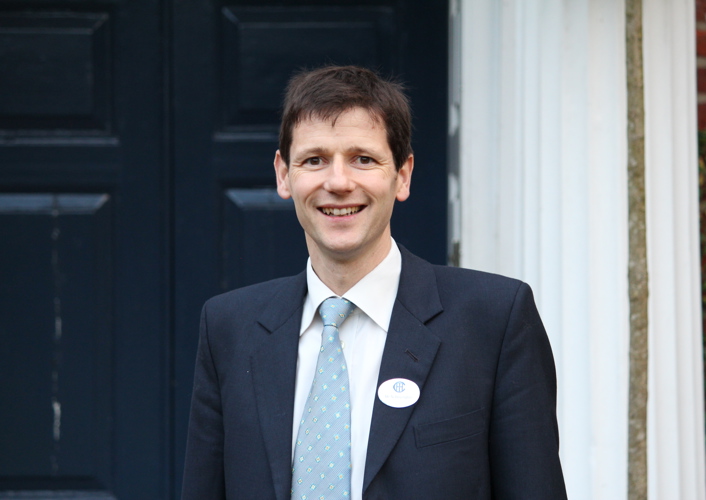How important are results?

Nick Bevington, headteacher at Town Close School in Norwich, outlines why he thinks teaching to the test is a disastrous way to run a school…
Writing in TES online recently, I argued that teaching to the test is a disastrous way to run a school. I explained how focusing on narrow goals risks children actually being taught not to think and described how my school’s excellent Key Stage 2 results have been achieved by broadening, not narrowing. John Dunford, writing in the TES, appeared to agree, declaring: “Every child needs a fully rounded education – it should not be just the preserve of top independent schools.” The same week, Tricia Kelleher, principal at the Stephen Perse Foundation School, criticised ministers for sacrificing a generation “on the altar of standards” describing education as having become dominated by a “morbid focus on qualifications”.
The results-driven orthodoxy she described ignores the obvious limitation of any testing regime: exams only assess those things that are relatively easy to assess. This leaves out a whole host of equally important aspects of education. Children need to learn to collaborate, empathise, create and innovate. They need to learn to look after their health and well-being, to respect others and to play their part in a democratic society based on the rule of law. We need to foster a generation of entrepreneurs and engineers and young people who can marry artistic and technical skills. Children need to leave school knowing how to speak to an audience, to express their own views, to listen to others and to persevere. Such qualities do not always fit easily into rigid testing regimes and all risk being downgraded if exams and assessments become the main focus of schools.
The answer, of course, is not to abandon testing, but just to see it for what it is: part of an overall picture that includes much more. Results need keeping in perspective and should be viewed in the light of the things we cannot measure as much as the things we can. We need to realise that formal assessments are blind to the circumstances of each child. Testing does not tell us whether a child is yet ready to do their best in formal assessments for a variety of reasons connected to their overall development. Some panic. Some struggle to manage time. Some struggle even to sit still for more than five minutes! At what age these factors start to dissipate varies from child to child.
Many children rejected by academically selective schools on the basis of tests taken at 7, 11 or even 13 are perfectly capable of going on to achieve outstanding results at GCSE, A level and beyond. Children are not machines. They may do less well than expected because they were feeling unwell, because they hadn't eaten breakfast, because they had fallen out with their best friend, because their goldfish had died etc etc etc…
For the above reasons it is important not to jump to definite conclusions about the results of individual assessments and exams, something which many people, including parents, educators and governments are keen to do. Yes, they are handy to confirm more informal modes of assessment and useful as a shorthand way of reporting and yes, they can also provide valuable information to schools in terms of analysis and searching for patterns in order to inform future planning. In the end, like it or not, they also do matter, though before that point it is more important what children learn from doing them in terms of preparation, resilience, time management and care than exactly what results they get. But they never tell you the whole story and they only ever get you to the starting line. How you do from there depends not on how well you did in your exams but on how much you learned in all those things that were not on the test.
